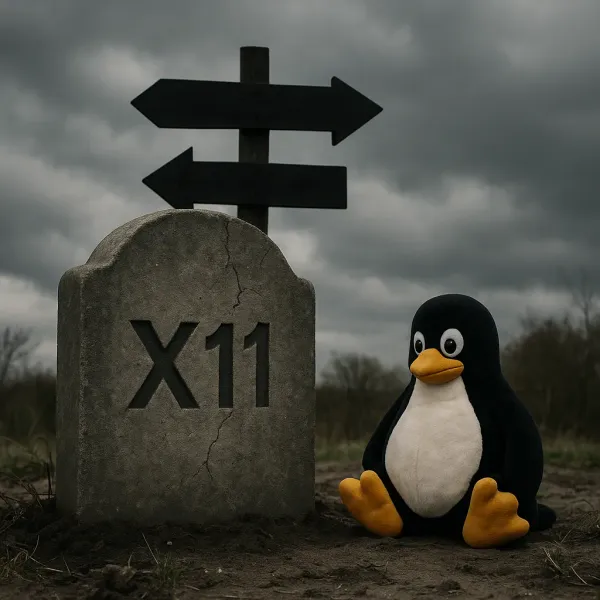Max and AurumXchange
“Max” – a man who operated the now-defunct AurumXchange, a cryptocurrency exchange that shut down over a decade ago. The DOJ’s decision to revive this case raises serious questions about government efficiency, selective justice, and priorities within the so-called “justice system.”

“Max” – a man who operated the now-defunct AurumXchange, a cryptocurrency exchange that shut down over a decade ago. The DOJ’s decision to revive this case raises serious questions about government efficiency, selective justice, and priorities within the so-called “justice system.”
Max is accused of handling over $30 million through his exchange, with connections allegedly linking him to Silk Road accounts. But here’s the catch: the Silk Road was shut down in 2013. So, why is the DOJ, a decade later, suddenly interested in this old case? In my view, this isn’t about enforcing justice; it’s about making a statement. Cases like these seem to be more about proving a point to the public rather than addressing any real threat or harm.
Through this story, we’re peeling back layers of hypocrisy. Think about it: Max faces charges like “operating without a license” – a bureaucratic hurdle that, ironically, only the government can create. It’s no coincidence that major banks get away with laundering billions for drug cartels with nothing more than a slap on the wrist, while small players are targeted with life-destroying charges for far lesser infractions.
We also touch on the Prison Litigation Reform Act (PLRA) and the systemic hurdles it creates for incarcerated individuals. Designed to silence prisoners and minimize accountability, the PLRA makes it almost impossible for inmates to seek justice, even in cases of severe abuse. This same imbalance appears across the board, from banking executives evading accountability to crypto cases where the DOJ seems more interested in PR stunts than justice.
Thanks for watching, and if you want more unfiltered breakdowns of government inefficiencies and dark truths, make sure to like, comment, and subscribe. Let’s keep this conversation going!




